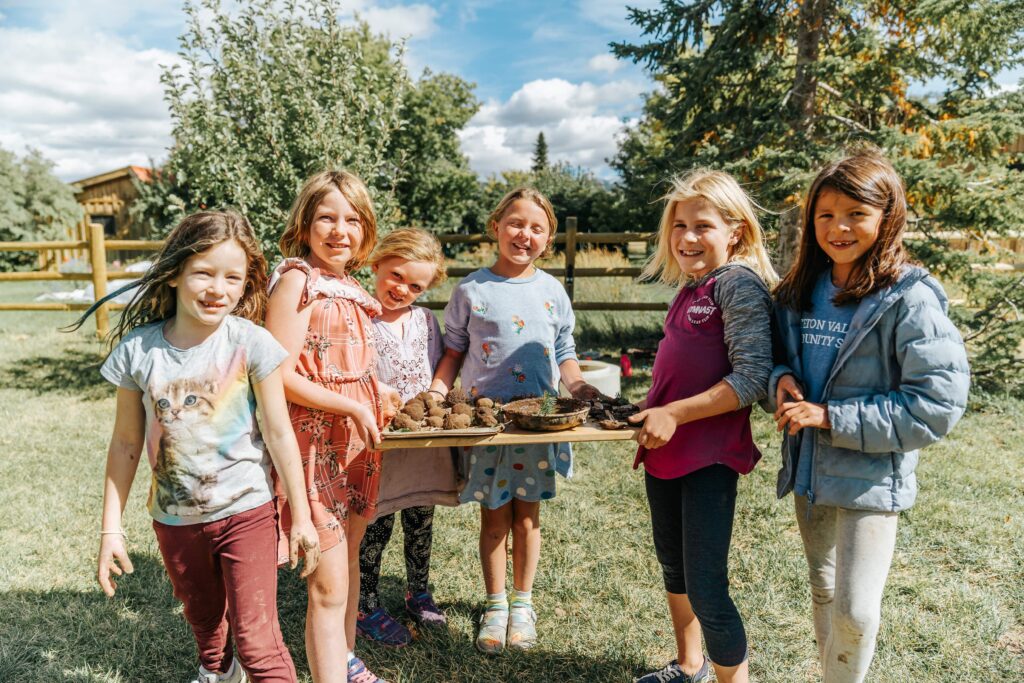The student is central to all learning decisions that are made. Students develop and grow at various paces and in different areas, with varied experiences and background knowledge. Instruction is differentiated, with learning opportunities developed to meet students where they are. This is a paradigm shift as “the experience of students in our schools needs to be more about learning and less about teaching.” Students are more actively engaged in their learning when we recognize their strengths and challenges and provide multiple avenues to engage in the learning process and demonstrate their understanding. Teachers use assessment to inform instruction and to better support students with their learning.
Key Topics
- Make the world an even better place by doing as many of your own Mini Impact Projects as you can
- Read Food Rules by Michael Pollan.
- Snap more powerful photos by applying the principles of photography
- Choose an ecology, culture, or economy-focused study as a foundation for a larger inquiry project
- Conduct interviews of community members based on your own interests
- Participate in community events of your choosing
- Find hidden gems through an ongoing scavenger hunt in your community
- Develop a news-reading habit to grow your expertise
- Identify your “team” of supporters and build social capital
- Learn systems and strategies, then develop your own routine to stay organized
- Set goals to improve learning and success
- Create a personal presentation of place
- Explore aspirations for the knowledge, skills, and experiences needed to be a successful citizen and realize your dreams
Interested in learning more about these model lessons or accessing in-depth teacher guides for key topics?


